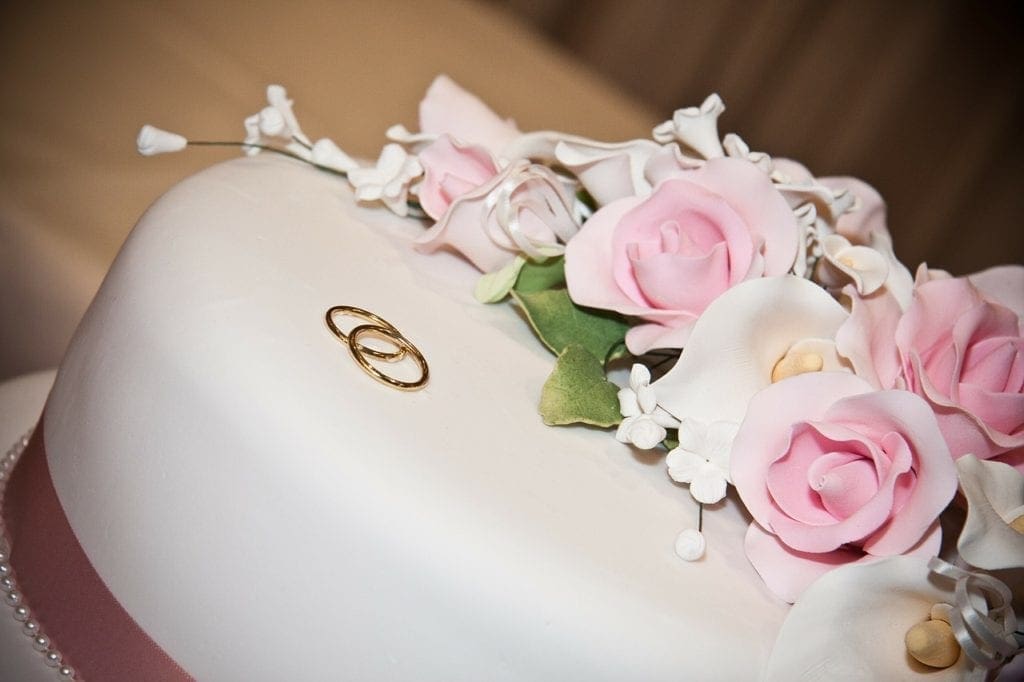The Supreme Court has ruled that Colorado baker Jack Phillips was unfairly treated because of his religious views. Effectively, this means he had, indeed, a right to refuse service. But was the Supreme Court right to focus on his freedom of religion rights? Or should the justices have looked at this issue as a private property case?
The Christian bakery owner cited his Christian faith in 2012 when he told David Mullins and Charlie Craig that he couldn’t bake them a cake to celebrate their upcoming wedding.
“I didn’t want to use my artistic talents to create something that went against my Christian faith,” Phillips told reporters.
Adding that he also refused to bake Halloween cakes, the baker explained he actually offered the two men to bake other goods, letting them know that he would not bake a cake celebrating the union of two men.
Unfortunately, he said, the men “stormed out and left.”

Instead of going to another bakery and letting this go, Craig and Mullins filed a formal complaint with the Colorado Civil Rights Commission. After the commission sided with the men, Phillips took the case to the Colorado Court of Appeals, where he was prohibited from discriminating against potential customers over their sexual orientation.
The baker then took the case to the Supreme Court where the justices ruled in his favor.
Freedom To Exercise A Religion Is Just Another Property Right
Seven of the ten justices agreed that the Colorado Civil Rights Commission was hostile toward the baker because of his religious beliefs. So in the eyes of the Supreme Court, this case was simply about religious liberty.
The Colorado Civil Rights Commission was acting on its bias against Christians when they ruled against the baker, the justices ruled, thus making this case about the First Amendment.
But while this ruling was positive in the sense that it finally allowed Phillips to rest assured that he didn’t have to be forced to bake cakes, this case has absolutely nothing to do with freedom of religion or speech. Instead, this case is just another example of the importance of property rights.
As Ryan McMaken explains for the Mises Institute, government-backed bigotry is far more tyrannical and dangerous than bigotry that comes from a private business. And that’s because businesses who are free to associate with whomever they wish are also free to refuse service to people for a variety of reasons. By the same token, consumers are free to boycott said businesses if they don’t agree with their refusal to serve a particular class of customers.
But government has the power to destroy a business simply because it doesn’t always recognize the individual’s right to private property and freedom of association.
As Austrian economist Murray Rothbard explained, “there [are] no human rights which are not also property rights.” And while we like to discuss freedom of speech and religion as “rights,” the only right needed to justify both is the right to property. So while it’s certainly a victory for liberty that the baker from Colorado was able to secure his right to refuse service to whomever he wishes, it’s still far from a true win, as the case didn’t revolve around his right to ownership over his business, work, and will to associate freely.
And yes – if you don’t agree with the baker, you are absolutely free to boycott his services.

























